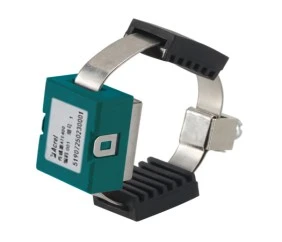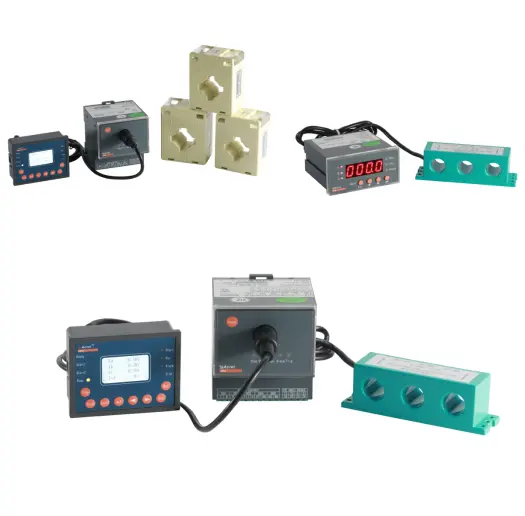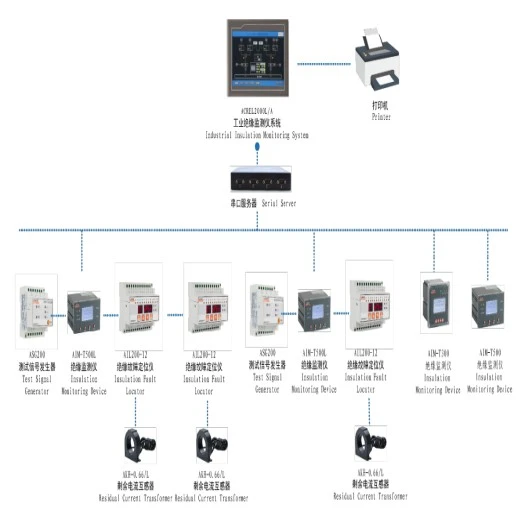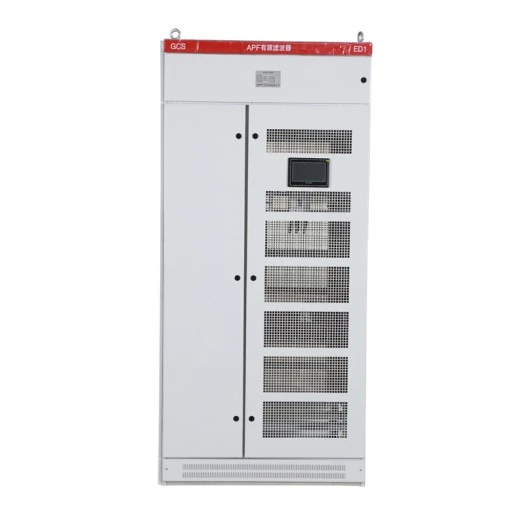
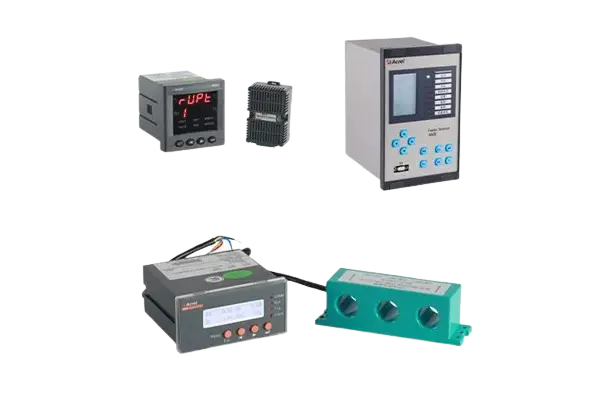
With the rapid development of intelligent technology, IoT based energy meter, as a type of power metering device based on IoT technology, are gradually replacing traditional meters. IoT based energy meter not only can perform power metering but also have data collection and remote monitoring functions. However, although IoT based energy meters bring convenience in many aspects, they also have their own advantages and disadvantages. This article will discuss the pros and cons of IoT based energy meter from three perspectives: functionality, payment methods, and the impact on electricity bills.
The core advantage of IoT based energy meter lies in their comprehensiveness and efficiency. Through IoT technology, IoT based energy meter can achieve remote monitoring and mnagement. Users can monitor meter data in real-time through the internet and always stay inormed about their electricity usage. Additionally, IoT based energy meters support remote meter reading and remote control, which not only simplifies the cumbersome process of manual meter reading but also enhances the safety and convenience of electrical equipment usage. For example, users can remotely switch appliances on and off via a mobile app, ensuring home electricity safety.
However, IoT based energy meters also have some issues. Firstly, they rely on internet technology, meaning that any network failure or hacker attack could pose a threat to the meter's normal operation and data security. Moreover, IoT based energy meters require professional skills for installation and maintenance. If users lack the necessary technical support, they may need to hire professionals, which could lead to additional costs and operational difficulty.
In terms of payment methods, IoT based energy meters offer significant convenience. Users can make payments remotely via the internet or mobile apps without having to queue at service centers. This not only saves time but also improves payment flexibility. IoT based energy meters support both prepayment and post-payment methods, allowing users to choose the most suitable payment model according to their needs.
Despite this, the payment methods of IoT based energy meters also face some challenges. Since they rely on internet technology, network failures or security issues could impact the smoothness of the payment process. Additionally, the operation of IoT based energy meter requires a certain level of technical capability from users. For those unfamiliar with the operation process, this could increase the difficulty and inconvenience of use.
IoT based energy meters also show distinct advantages in electricity bill management. They can precisely measure and collect data, effectively avoiding measurement errors seen in traditional meters, thereby improving the accuracy and fairness of electricity costs. Additionally, IoT based energy meters have data analysis and statistical functions to help users understand electricity usage, optimize their usage behavior, and consequently reduce electricity costs.
However, some users have reported significant increases in electricity bills after using IoT based energy meter. This situation may be related to the precise measurement of IoT based energy meter, but it could also lead to misunderstandings about remote adjustments of meter measurements by management personnel. Faced with increased electricity bills, users tend to question the accuracy of the meters, which also requires management personnel to spend extra time on explanations and communication.
 English
English 日本語
日本語 한국어
한국어 français
français Deutsch
Deutsch Español
Español italiano
italiano русский
русский português
português tiếng việt
tiếng việt Türkçe
Türkçe العربية
العربية


